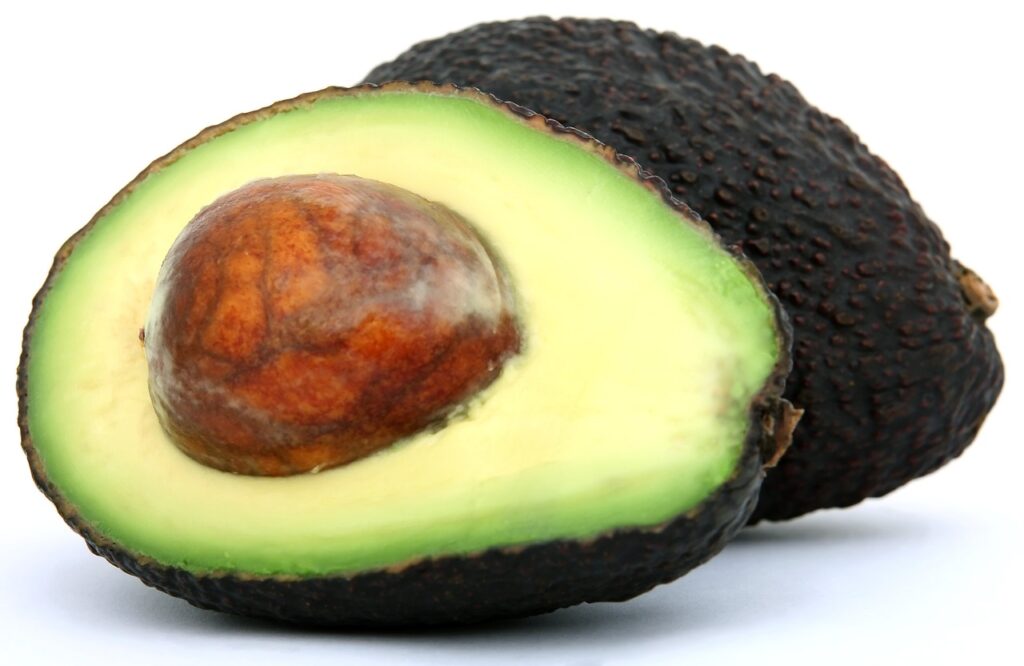As someone who is passionate about helping others find true health, I find I struggle (a lot). I struggle with seeing so many people falling into the trap of following one belief or modality without understanding or considering that the advice may have been doled out without the listener or reader’s own unique bio-individuality, lifestyle, environment, genomics, beliefs, or limitations in mind. It’s important to recognize that health is not a one-size-fits-all approach, and that what works for one person may not work for another. It’s for this reason that I feel so strongly in that today’s inundation of Health and Wellness Advice should come with an ‘*’. An entire list of disclaimers with each statement.
Now, I fully recognize that’s a bit excessive. Hear me out, though. Through extraordinary efforts in marketing, we have lulled (or beaten) the general public into believing that when someone appearing as knowledgable says something – especially if said either convincingly or authoritatively enough, or if said with enough force, it must be true. And not only ‘trie, but unmatched truth in so much as it must be absolute.
In the health, wellness, weight-loss, and medical communities, there are numerous examples of gurus and experts who make bold claims without considering the potential asterisks that should come with their statements. For example, many weight-loss programs focus solely on losing weight, without taking into account the importance of overall health and wellness. They use words such as ‘only’, and ‘proven’, or ‘last (you’ll ever need)’…but we’re not adding the ‘*’ so that people seeing these messages understand that it may be the ‘only’ program client-type ‘xyz’ needs, and yet it’s unlikely to be even remotely as successful in tackling the same problem in ‘jkl’, ‘def’, or ‘pqr’.
Get what I’m saying? Do you see my concern?
Are vegetables good for you? Sure! And most will help you find elements of health. What about, thought, the few that may give YOU a hard time? If there are some (or even one), then screaming at you non-stop about eating more veg versus whatever else you were eating should also come with an asterisk. Now, look; I’m not saying that the take out you picked up from the local fast food joint is going to be healthier than the fruit or veg you’re sitting down to. Not at all. What I’m showing you, though, is how bio-individuality is so infrequently taken into consideration, that it’s become dangerous.

If you are struggling with hypertension, and your coach or guide is telling you to eat more healthy foods, you’re likely to grab some kale and spinach, bananas, avocado, etc…and yet, too much potassium if you’re on an ACE (and a large percentage of those who’ve been prescribed hypertension meds are), you’re causing an adverse reaction by eating ‘healthy’ (only due to the potassium, remember).
Similarly, many experts advise people to avoid things like dairy – as I certainly have, but they’re offering it as a blanket statement without considering study co-morbidities, allergies, underlying gut issues, or autoimmune challenges that may make it inflammatory to have it as part of one’s diet (whereas with others there may be studies showing it’s not as inflammatory in others, or they may not be differentiating between cow’s milk and goat milk/cheese/yogurt). Still shown to be largely inflammatory to most? Yes. But again, bio-individuality, AND the need to take into account what’s showing in the bio-individuality of that particular client.
“It’s crucial to acknowledge that there is no one-size-fits-all approach to health. Period.” – Joseph Trevors, n.d., CFNC
We need to be constantly aware of the fact that what works for one person may not work for another. When someone is professing to know the “end all, be all” solution to a particular health or wellness challenge, it’s important to consider the commingling of other data points and to understand that their solution may not be the best fit for everyone.
Science supports this notion of bio-individuality in health, and I like it. For example, a 2018 study published in the journal “Nature” found that the microbiome (the collection of microorganisms that inhabit the human body) is highly individualized and can vary based on factors such as genetics, diet, and environment. This means that what works for one person’s gut health may not work for another.
So, how can we move forward in a way that takes into account the importance of bio-individuality and recognizes the need for asterisks in health and wellness advice? Here are some tips:

- Approach health and wellness with an open mind, recognizing that there is no one-size-fits-all approach.
- Consider your own unique bio-individuality, lifestyle, environment, genomics, beliefs, and limitations when seeking health advice.
- Be wary of gurus or experts who make bold claims without considering potential asterisks that should come with their statements.
- Seek out diverse sources of information and advice, and use critical thinking skills to evaluate what may work best for you.
- Don’t be afraid to experiment and try new things, but do so with a mindful approach and recognition that not everything will work for everyone.
- Remember that health and wellness are not just about individual actions, but also about the broader social, economic, and environmental factors that impact our lives.
- Prioritize self-care and stress management as part of your overall health and wellness plan.
- Work with a qualified healthcare professional who takes into account your unique needs and circumstances.
Look…what I’m saying, is that it’s important to recognize the importance of bio-individuality in health and wellness, and to approach advice and information with a critical eye.
By recognizing the need for asterisks in health and wellness advice, we can move towards a more inclusive, personalized approach to health that takes into account the unique needs and circumstances of each individual.
Listen intently, people…and then question it. Check your gut on it. Look at the (changing) science.
Sources:
- The American Journal of Clinical Nutrition: https://academic.oup.com/ajcn/article/104/Supplement_2/466S/4569760
- Nature: https://www.nature.com/articles/nature25016
- Harvard Health Publishing: https://www.health.harvard.edu/staying-healthy/how-to-get-the-most-out-of-your-doctor-visit
